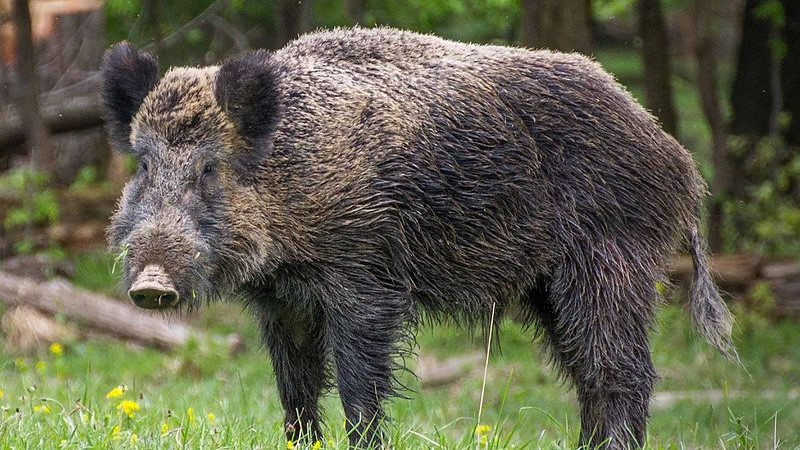
African Swine Fever Update - Asia
Since China initially reported its first case of African swine fever (ASF) in August 2018, 28 of the 32 administrative areas in the country have now reported incidences of ASF. Despite the authorities efforts to control the spread of the disease, there has been an average of three new provinces per month reporting outbreaks of ASF. Recently, in efforts to facilitate the restocking of herds affected by ASF, ensure pork supply, and buffer price volatility, Chinese authorities have loosened movement restrictions between regions. Additionally, there has been discussion of restructuring the national hog industry into five zones to facilitate its control.
Vietnam to the south of China reported its first outbreaks of ASF in February 2019. Vietnamese authorities announced the detection of ASF initially in two northern provinces. This was followed by outbreaks later occurring in four additional provinces. To date, a total of 17 administrative areas have been affected. All pigs on these premises were culled and biosecurity and quarantine protocols were initiated.
Preventing the movement of pork product between countries has demonstrated to be difficult. In Taiwan, authorities, who impose checks of all luggage of passengers entering from China, found a pork sandwich in the luggage of a traveller from Vietnam that subsequently tested positive for ASF. The movement of pigs and pork products pose a real risk to the transmission of ASF both to surrounding countries and worldwide.
SHIC Report (PDF)
Reuters
OIE (PDF)
ASF - Oceania
Since the initial outbreak of ASF in China, Australia has been on high alert. Points of entry for travellers such as ports or airports pose significant risk for ASF entry into the country. Recently, the Austrailian Animal Health Laboratory confirmed two findings of Foot and Mouth disease (FMD) in products seized at airports. Fragments of ASF virus have also been detected in seized samples since December 2018.
Australia has strict importation regulations and all commercially imported pork or pig products must be reported. This also includes porcine origin products such as dog chew toys. In addition, passengers arriving with any jerky, biltong, and other smallgoods containing pork are strictly prohibited. Some farmer federations in Australia have issued press releases calling for more action and investment in federal and state biosecurity with harsher penalties for those who breach importation laws. In addition to the findings in Australia, South Korea, Japan, and Taiwan have also reported the identification of ASF in confiscated products at points of entry since last August, and have introduced tougher measures at points of entry.
Other countries are concerned as well and New Zealand is also stepping up its surveillance. The Primary Industries Ministry spokesman said that it has banned the import of personal consignments of cured pig meat products into the country.
ABC News
Australian Government
Stuff
ASF - Europe
ASF has been detected in domestic pigs and/or wild boar in nine European Member states. Of the nine affected countries, six have reported cases in domestic herds while the others reported in ASF in wild boar. The more recent arrival of ASF to Belgium brings increased concern for Western Europe.
As a precaution, countries such as Denmark have initiated the construction of a biosecurity fence along its border with Germany. Denmark has roughly two times the population of pigs to humans in the country with a total export market of about $5 billion. The fence is constructed low enough to allow certain wildlife species to jump over it while high enough to prevent wild boar from traversing. There are concerns about the fence, though, as the border between Germany and Denmark has historically been fluid and a fence will create a visible border between the two countries.
Germany does not have any reported cases of ASF in domestic pigs or wild boar but does have a significant number of free ranging wild boar, which is concerning to Denmark as a risk of ASF transmission. In addition, on the heels of Brexit, the UK Department of Environment, Food and Rural Affairs (DEFRA) increased the UK’s risk level to medium with a medium level of uncertainty for entry of ASF into the UK.
